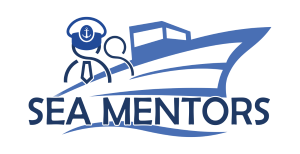It has been further challenging in the recent years to catch an on-the-job experience for new starters and those who are on the profession to progress their ranks, due to pandemic, changes in technology, faster promotions and reduced seatime requirements. There are also many barriers to the easy transfer of experiential knowledge, including language and culture, and yet there is the ever-lasting problem of pressure of work and lack of time (Acar, 2017). Moreover, the recent EU statistics indicates that average working time of a seafarer at sea is 4.8 years therefore it is essential that the seafarers need to be linked with shore based responsibilities that they can contribute and develop in maritime sector with the valuable experience they attain during the course of their time at sea (SAILAHED, 2011- 2013).
Marine accidents and incidents do continue to occur due to a lack of experiential knowledge transferred. Experiential knowledge is not something tangible, nor is it a subject that can be taught in college, although the concept should be addressed and the candidates encouraged to participate in experiential knowledge transfer. There are variety of reasons why transfer of experiential knowledge is difficult to be transferred from one to another is one is the lack of time for informal training which is due to ships and long working hours prevents mentors to take time off their busy schedule and take personal interest in training of juniors.
SEA MENTORS will promote competencies specified to these standards, and some lead to internationally recognised qualifications. On the other hand, maritime industry has a tradition of learning from others onboard; however, on-board community is small and sometimes highly variable in timing and composition.

